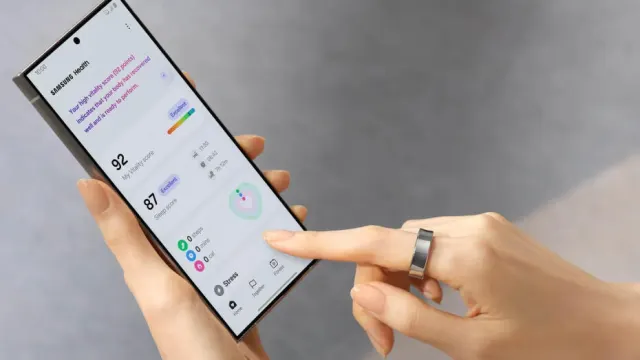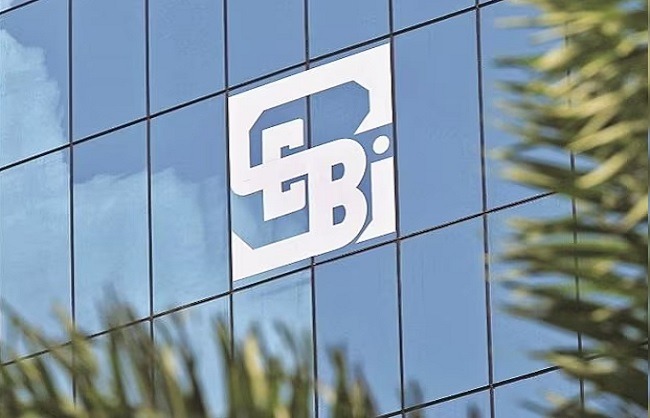Samsung Prevent Oura from suing by filing a legal Suit
In a strategic legal move, Samsung has filed a lawsuit against Oura, aiming to prevent the Finnish startup from suing over the impending launch of the Galaxy Ring. This proactive step highlights the complex dynamics of intellectual property (IP) disputes in the tech industry, where larger corporations often take preemptive action against potential litigation from smaller competitors.
Samsung’s Legal Strategy
Samsung’s lawsuit, filed in the Northern District of California, seeks to neutralize Oura’s potential claims of patent infringement before they can materialize. According to the suit, Samsung anticipates that Oura will leverage its extensive patent portfolio to challenge the Galaxy Ring. The lawsuit underscores Oura’s history of aggressive IP enforcement, citing cases against smaller wearable tech companies such as Ultrahuman, Circular, and RingConn. Samsung’s legal filing suggests that Oura’s immediate response to the announcement of the Galaxy Ring was to highlight the strength of its patent portfolio, indicating a likely intent to pursue legal action.
Oura’s Patent Portfolio and Past Actions
Oura, known for its smart rings that monitor health metrics, has accumulated over 150 patents. The company’s aggressive stance on IP protection has seen it sue competitors as soon as they enter the U.S. market. Samsung’s lawsuit outlines this pattern, describing Oura as a patent troll—a company that uses patents more to hinder competitors than to protect genuine innovations. The lawsuit points to public statements and media appearances by Oura’s CEO, Tom Hale, who has hinted at the potential use of their IP against Samsung.
The Galaxy Ring’s Development and Launch Plans
The legal documents reveal new details about Samsung’s Galaxy Ring, a product first shown in a render in January and later physically displayed at the Mobile World Congress in February. According to the filing, Samsung finalized the Galaxy Ring’s design in mid-May 2024 and plans to start mass production in mid-June. The Galaxy Ring is expected to hit the U.S. market around August, likely coinciding with Samsung’s summer Unpacked event.
Samsung’s preemptive lawsuit against Oura evokes memories of its past patent battles with Apple, where Samsung frequently accused Apple of holding patents for technologies that were obvious or widely used in the industry. This strategy had mixed results in the courts, but it illustrates a common theme in tech industry patent disputes: the challenge of differentiating between genuine innovation and general technological advancements shared across the industry.
The lawsuit claims that the features patented by Oura, such as electronics, sensors, batteries, and health metric scoring, are common across the smart ring market and should not be grounds for patent disputes. By framing Oura’s patents as overly broad and obvious, Samsung aims to undermine the validity of any potential infringement claims.
Samsung’s aggressive legal stance against Oura could have significant implications for the smart ring market. If successful, it may deter other companies from pursuing similar preemptive legal strategies. Conversely, it might encourage smaller firms to strengthen their patent portfolios and become more assertive in defending their innovations.
Samsung’s lawsuit against Oura highlights the preemptive measures tech giants often take to safeguard against potential IP disputes. As the Galaxy Ring’s launch approaches, this legal battle underscores the competitive and contentious nature of the wearable tech market. The outcome of this case could set important precedents for how patent disputes are handled in the industry, particularly concerning features and technologies that are common across various products. As both companies prepare for their next moves, the tech world will be watching closely to see how this clash of titans unfolds and what it means for future innovation and competition in the smart wearable space.






